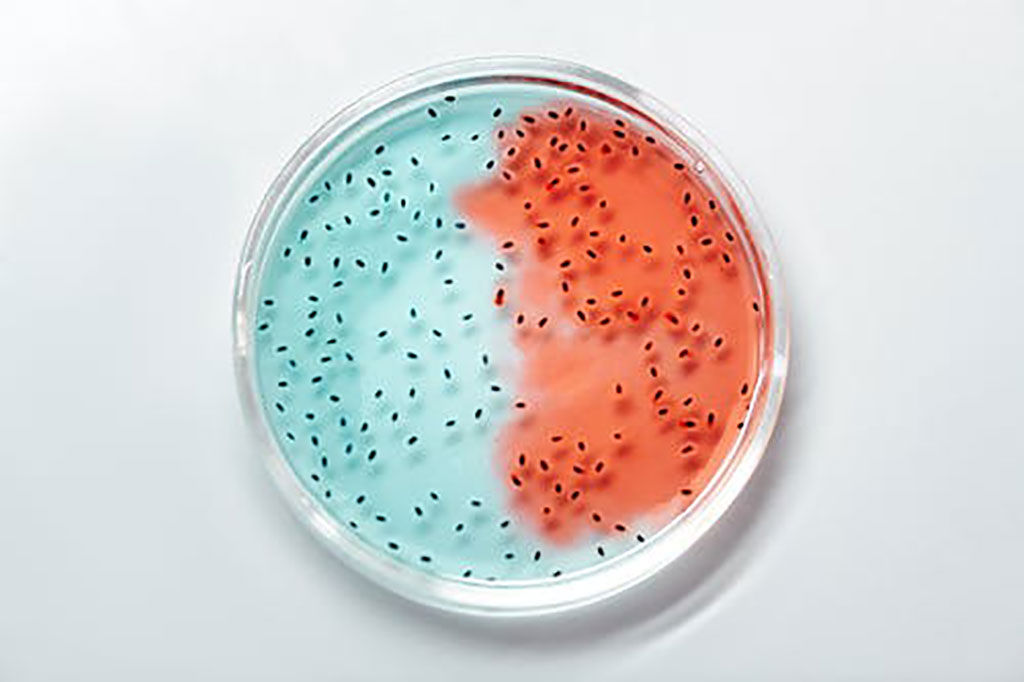Blood and Saliva Samples Can Be Used to Detect Genetic Markers for Liver Cancer
Posted on 29 Nov 2021
Doctors examining the markers of liver cancer have found that the disease can be recognized by RNA fragments in saliva and blood.
This discovery by doctors at the RUDN University (Moscow, Russia) is significant because of the need to develop ways to find liver cancer in people at risk before it is too late. Liver cancer is less common than other cancers, but it has lower survival rates. Sometimes it appears suddenly, but in most cases, it is preceded by other liver diseases. For example, liver cirrhosis due to hepatitis C. However, in this case, the development of liver cancer can occur imperceptibly. It is difficult to diagnose it in the early stages.

RUDN University doctors have found that microRNA (small sequences of RNA that do not encode genes but are involved in the regulation of their expression) can be a marker of liver cancer. Doctors took blood and saliva samples from 29 patients with cirrhosis, 24 patients with liver cancer and 21 healthy volunteers and compared the expression level of 10 different microRNAs in the samples.
Seven microRNAs that were found in the blood plasma outside the exosomes (the vesicles secreted by cells) were associated with liver cancer. Three of them were also found in saliva. This can be important for diagnosis, since saliva analysis is significantly simpler as the collection of the sample does not need a professional, the patients can do it themselves. The microRNAs found inside the exosomes may become even more effective marker of liver cancer. For them, saliva is even preferable for analysis than blood. Therefore, depending on what biological material is available, it is possible to estimate the development of liver cancer by exosomal and non-exosomal microRNAs.
"The incidence rate, along with other factors, including the reluctance of at-risk patients to systematically come to the research center for blood sampling, complicates the collection of samples to identify markers for early diagnosis,” said Alisa Petkevich, a researcher at the RUDN University. “A possible solution could be the use of biomaterial that does not require medical personnel for its collection, such as saliva. We proved that saliva is a promising source of exosomal and non-exosomal microRNAs. Exosomal microRNAs have shown a strong association with primary liver cancer in saliva samples.”
Related Links:
RUDN University














